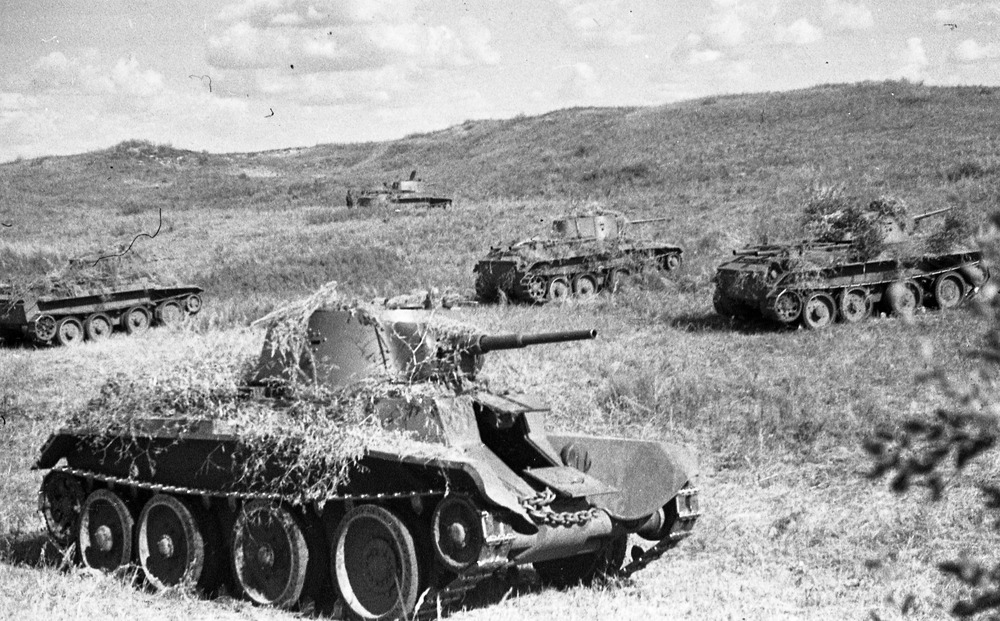Sure, the Soviets were IOTL planning on doing something completely different from what the Japanese were doing.
The Kwangtung Army were seeking to destroy the enemy violating what they regarded as their frontier, as in accordance with directives they themselves had issued after the Lake Khasan ("destroy any enemy forces that violate the frontier). Fundamentally, what they wanted was identical to what the Soviets wanted. Their failure to allocate resources for their desired objective was their own failure.
Also the Japanese rail head was vastly closer to their border than the Soviets'.
Which makes the Japanese inability to support a force even 1/5th the size of the Soviets even more glaring, not less.
200 trucks is many and 100km is far for a single division operating on the border as a guard/tripwire force.
At this point, you are deliberately misconstruing the quote. It states flat out that 200 trucks was many and 100 km was far for the Japanese. Nowhere in there does it say "for a single division". Even then, if you actually read the quote you'll see that what the Japanese considered "many" is still less then what was actually required to support the 23rd division.
So Tokyo stopped things entirely after a single raid, firing the army commander and reigning in the entire army finally.
Except it wasn't the only raid. It was the latest incident in a series of raids and attacks that had been ongoing since September 2nd in response to the Soviet offensive as part of the larger battle which had been ongoing since May... all in defiance of Tokyo's orders.
The Soviets planned for months for complex military campaign,
Zhukov's initial proposal for the offensive was made on July 31st, the draft plan for the offensive submitted to the STAVKA on August 10th, the relevant orders issued to the 1st Army Group on the 17th, and the offensive commenced on the 20th. From conception to execution, the offensive took 21 days. Not remotely "months" (Stalin's General: The Life of Georgy Zhukov, Geoffrey Robets, Page 53-54).
Throttled does not mean withdraw, it means limit how much they are sent in the first place.
Again, something you have thus far provided no evidence that Tokyo managed to in anyway limit the forces the Kwangtung Army dispatched to Khalkhin Ghol. You have provided evidence they issued orders, but you have given no evidence that those orders were followed. What orders you have cited I have provided examples to show how they were not followed. Similarly, you've provided plenty of bland assertion that the Japanese could support more then they did, in defiance of not only academic but contemporary Japanese analysis, but not a whole lot of evidence
Kwantung listened to Tokyo in September when they stopped the fighting by fiat and ended up firing the commander of that army.
Except as I noted, that didn't end the fighting. Else why was there an attack on Soviet positions near Nomonhon on September 12th?
Beyond that they put a prohibition on air attacks on Soviet territory in June. The IJA listened.
Which is why, as I noted, Coox records further Japanese air attacks in July and August on Soviet territory. On August 21st, during the Soviet offensive, the Japanese even attempted to strike the same airfields they had in June (Page 686-687). Hell, the most intense air battles actually occurred near the end of the battle. On the morning of September 15th, for example, Japanese aircraft tried to strike at two Soviet airbases near Lake Biur [Coox, Page 883].
Last edited:
